
Comment cultiver des bleuetiers
Rien de mieux que de savoureux des bleuets frais cueillis. C'est encore plus intéressant quand ils poussent directement dans notre cour. Ça vous tente d'essayer?
Non seulement cet arbuste produit des petits fruits que tout le monde raffole mais il est très décoratif. Note guide complet est là pour vous aider.
Spéciaux du 10 au 16 juillet 2025
Voir les spéciaux-

Clethra alnifolia 'Hummingbird' – Clèthre à feuilles d'aulne 'Hummingbird'
Voir le produitPrix habituel 16.77$Prix promotionnel 16.77$ Prix habituelPrix unitaire / par -
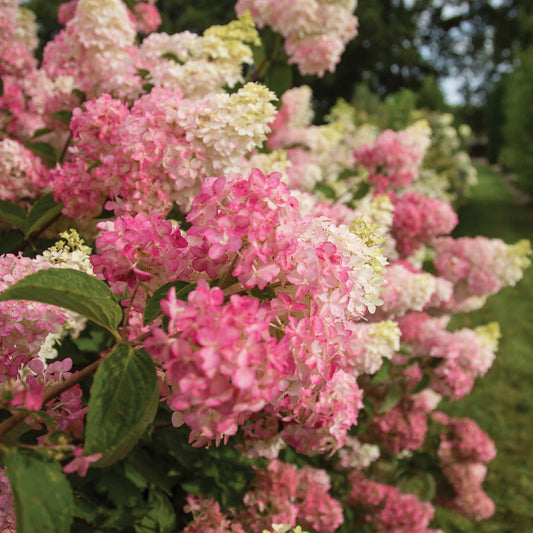
Hydrangea paniculata Berry White® – Hydrangée 'Berry White'
Voir le produitPrix habituel 23.77$Prix promotionnel 23.77$ Prix habituelPrix unitaire / par -

Asclepias incarnata 'Ice Ballet' – Asclépiade incarnate 'Ice Ballet'
Voir le produitPrix habituel 14.97$Prix promotionnel 14.97$ Prix habituelPrix unitaire / par -

Asclepias tuberosa 'Gay Butterflies' – Asclépiade tubéreuse 'Gay Butterflies'
Voir le produitPrix habituel 14.97$Prix promotionnel 14.97$ Prix habituelPrix unitaire / par -

Hydrangea paniculata Limelight Prime® – Hydrangée 'Limelight Prime'
Voir le produitPrix habituel 27.77$Prix promotionnel 27.77$ Prix habituelPrix unitaire / par -
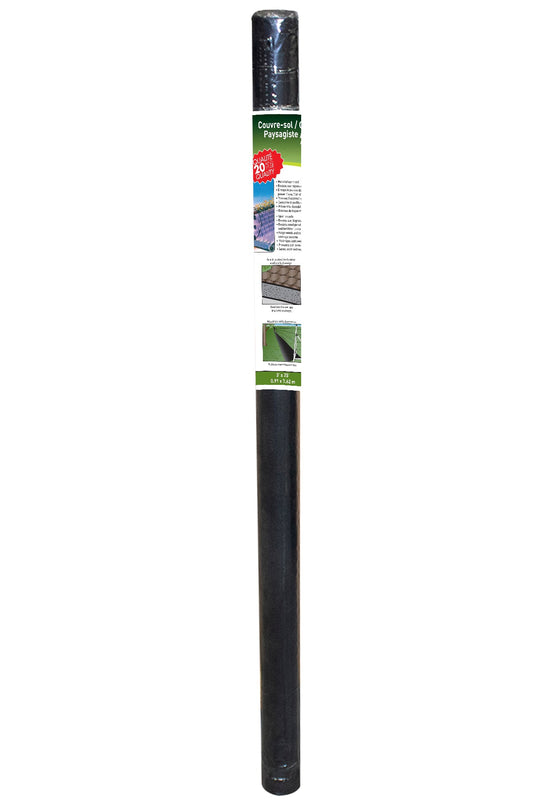
Couvre-sol anti-végétatif Écono
Voir le produitPrix habituel 5.77$Prix promotionnel 5.77$ Prix habituelPrix unitaire / par0.00$ -
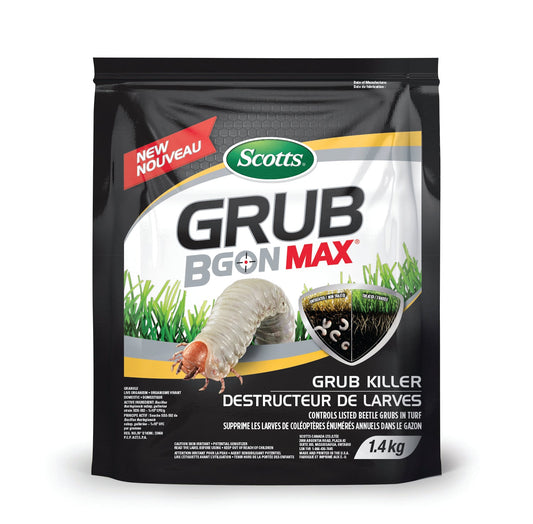
Destructeur de larves de coléoptères et scarabées Scotts Grub-B-Gon® Max
Voir le produitPrix habituel 3.97$Prix promotionnel À partir de 3.97$ Prix habituelPrix unitaire / par -
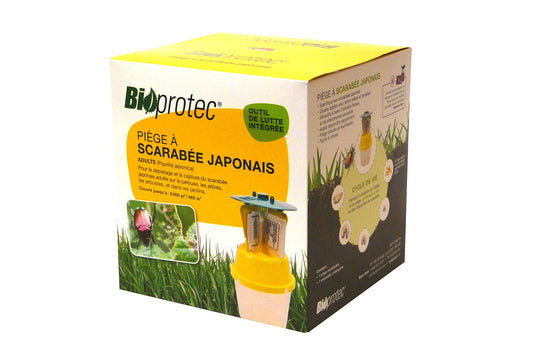
Piège à scarabées japonais - BioProtec
Voir le produitPrix habituel 37.77$Prix promotionnel 37.77$ Prix habituelPrix unitaire / par0.00$ -
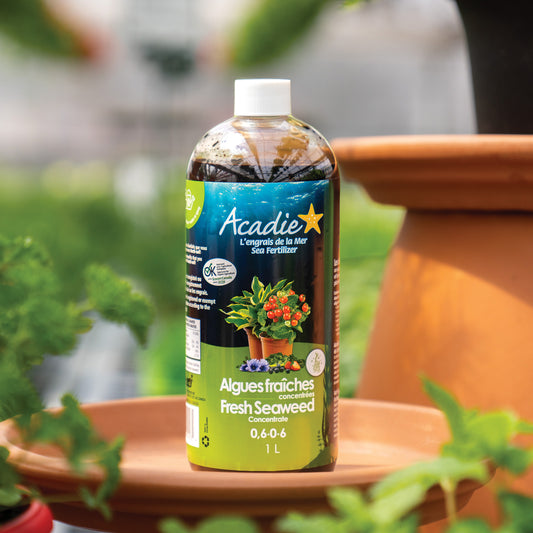
Engrais d'Algues fraîches concentrées 0,6-0-6 Acadie 100% naturel
Voir le produitPrix habituel 12.77$Prix promotionnel À partir de 12.77$ Prix habituelPrix unitaire / par -

Engrais biologique 100% Naturel Calcium Marin 0,2-0,7-0,02 Bionik®
Voir le produitPrix habituel 7.97$Prix promotionnel À partir de 7.97$ Prix habituelPrix unitaire / par -
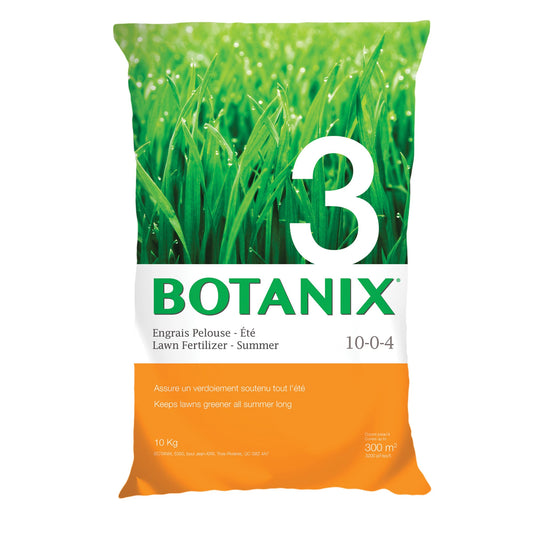
Engrais à pelouse 4 étapes- Étape #3 - Botanix
Voir le produitPrix habituel 26.97$Prix promotionnel À partir de 26.97$ Prix habituelPrix unitaire / par0.00$

Consulter notre blogue

La lutte biologique : Une révolution naturelle pour la santé de vos plantes
Les insectes et acariens nuisibles mettent à l'épreuve vos efforts de jardinage? Dites adieu aux insecticides chimiques et découvrez une solution à la fois efficace et écologique : la lutte biologique!
Plongez dans l'univers fascinant des alliés naturels de vos plantes. Des acariens prédateurs aux micro-guêpes, ces organismes bénéfiques ciblent spécifiquement les ravageurs, même les plus cachés, et les éliminent sans risque pour votre famille, vos animaux et l'environnement.
-

Choisir les plantes vivaces parfaites pour votr...
En savoir plusLes plantes vivaces : le cœur battant d'un jardin réussi. Année après année, elles reviennent embellir nos espaces avec leurs fleurs et leurs feuillages, représentant un investissement judicieux et durable...
-

Récolter et conserver les fleurs et les bulbes ...
En savoir plusL’ail planté à l’automne se récolte l’été suivant. Récoltés trop tôt, les bulbes seront spongieux et se conserveront moins longtemps. Trop tard, la pelure sera plus fragile et rendra le...
-

Le Basilic : conserver et savourer une star aro...
En savoir plusTransformez votre jardin en un havre de paix et votre cuisine en un festival de saveurs avec les Jardineries Botanix ! Découvrez nos plants de basilic frais et nos astuces...


















